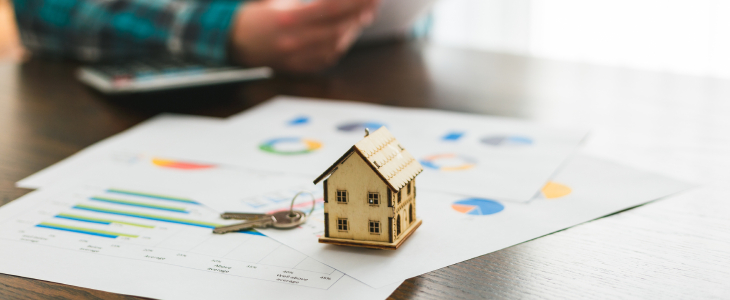Individuals who are at risk of losing their home through foreclosure often experience tremendous stress and anxiety. Chapter 13 bankruptcy is oriented toward the restructuring process, and individual debtors are often provided with additional time in which to bring their mortgages current and keep their homes. Our Massachusetts Chapter 13 bankruptcy attorney explores the legal options available to you if you want to keep your home.
Bankruptcies and Automatic Stays
Automatic stays are integral to any bankruptcy procedure. The automatic stay associated with bankruptcy is a federal injunction that becomes operative the moment a bankruptcy case is filed. An automatic stay stops creditors from engaging in collection activities. Foreclosure proceedings are included under the automatic stay; therefore, filing bankruptcy is an effective way for debtors to benefit from the automatic stay.
Chapter 7 bankruptcy is distinct from Chapter 13 bankruptcy. The foreclosure sale under Chapter 7 bankruptcy would only be stopped temporarily, and no tool enables debtors to bring their mortgage payments current under Chapter 7 bankruptcy procedures. Also, under Chapter 7, a mortgagee or other loan creditor may obtain relief from the automatic stay. Unfortunately, this form of relief is commonly granted to mortgagees in Chapter 7 bankruptcy cases.
Chapter 13 Bankruptcy and Mortgage Payments
Chapter 13 bankruptcy procedures are designed to help debtors bring their mortgage payments current. Debtors are afforded sixty months in which they can catch up on their mortgage payments. The debtor will pay a fixed sum every month for sixty months and this payment will be made on top of any regular mortgage payment.
An additional feature of Chapter 13 bankruptcy is that the debtor will pay to unsecured creditors the same amount they would have received under Chapter 7 bankruptcy. Homestead exemptions vary by state. If you have non-exempt equity in your assets, you may need to pay more as part of a Chapter 13 bankruptcy.
Lien Removal Under Chapter 13
In some jurisdictions, removing liens from real property is also possible. Judgment liens may be removed in some states if those liens impair the debtor’s homestead exemption. The following are additional benefits of filing Chapter 13 bankruptcy:
- A debtor with unsecured debt may only pay a specific percentage of the unsecured debt. Any additional unsecured debt will be extinguished, and creditors will not be able to ask you when the debt has been discharged.
- Past-due taxes may be paid as part of a Chapter 13 bankruptcy
- Debtors who have alimony repayments, or child support payments, can utilize Chapter 13 bankruptcy to obtain assistance in making payments.
- Debtors may also lower their monthly car payments under Chapter 13 bankruptcy. It is possible for debtors to lower their interest rate when the repayment plan becomes operative. It is also possible to stop a creditor from repossessing an automobile under Chapter 13 bankruptcy.
- Individuals may keep their homes and bring their mortgage payments current. Chapter 13 helps many debtors avoid foreclosure.
Individuals often feel more relaxed and calm once they learn about the benefits of filing Chapter 13 bankruptcy. However, it is vital that you speak with a knowledgeable attorney if you are considering filing Chapter 13 bankruptcy. Contact us today to learn more.

